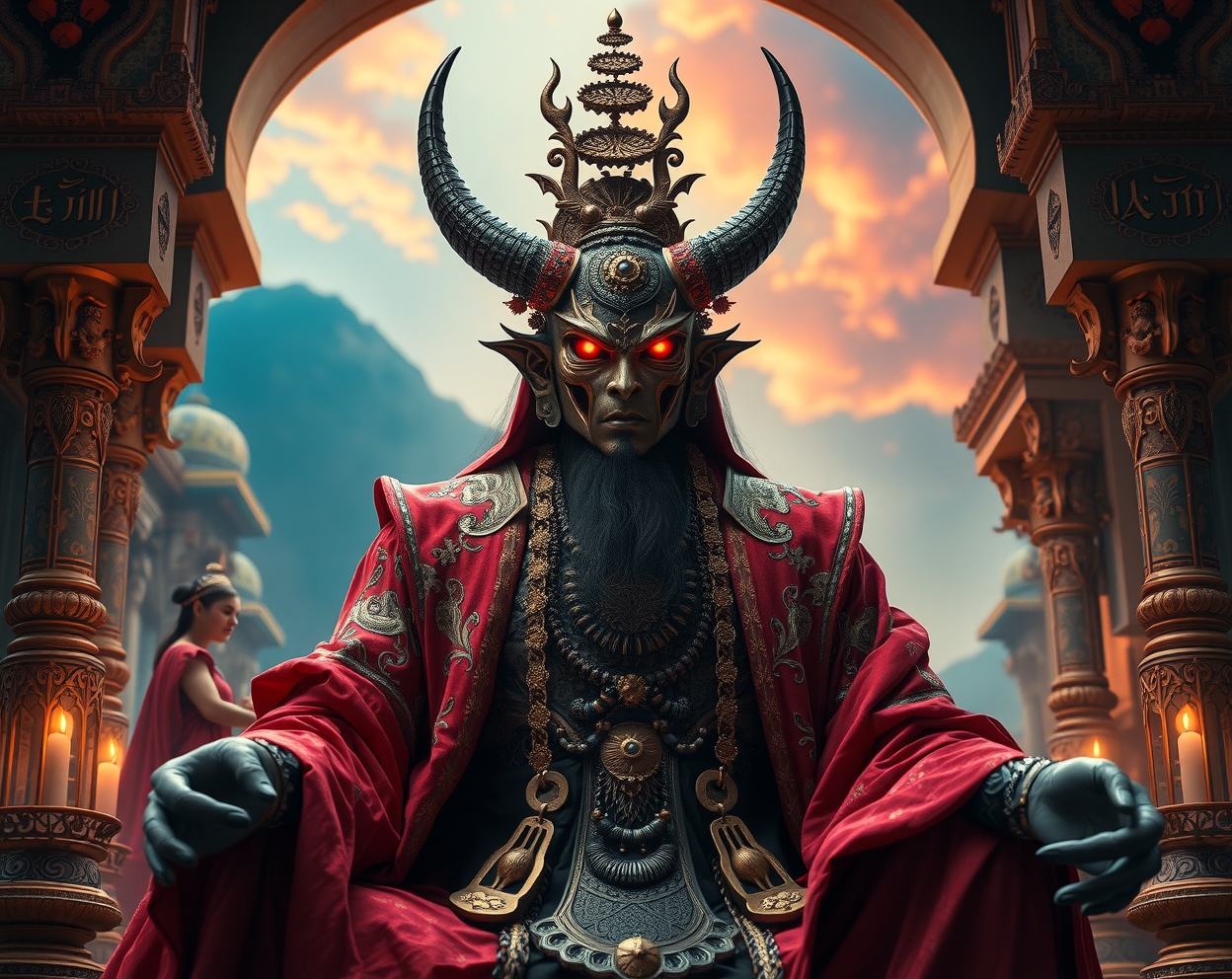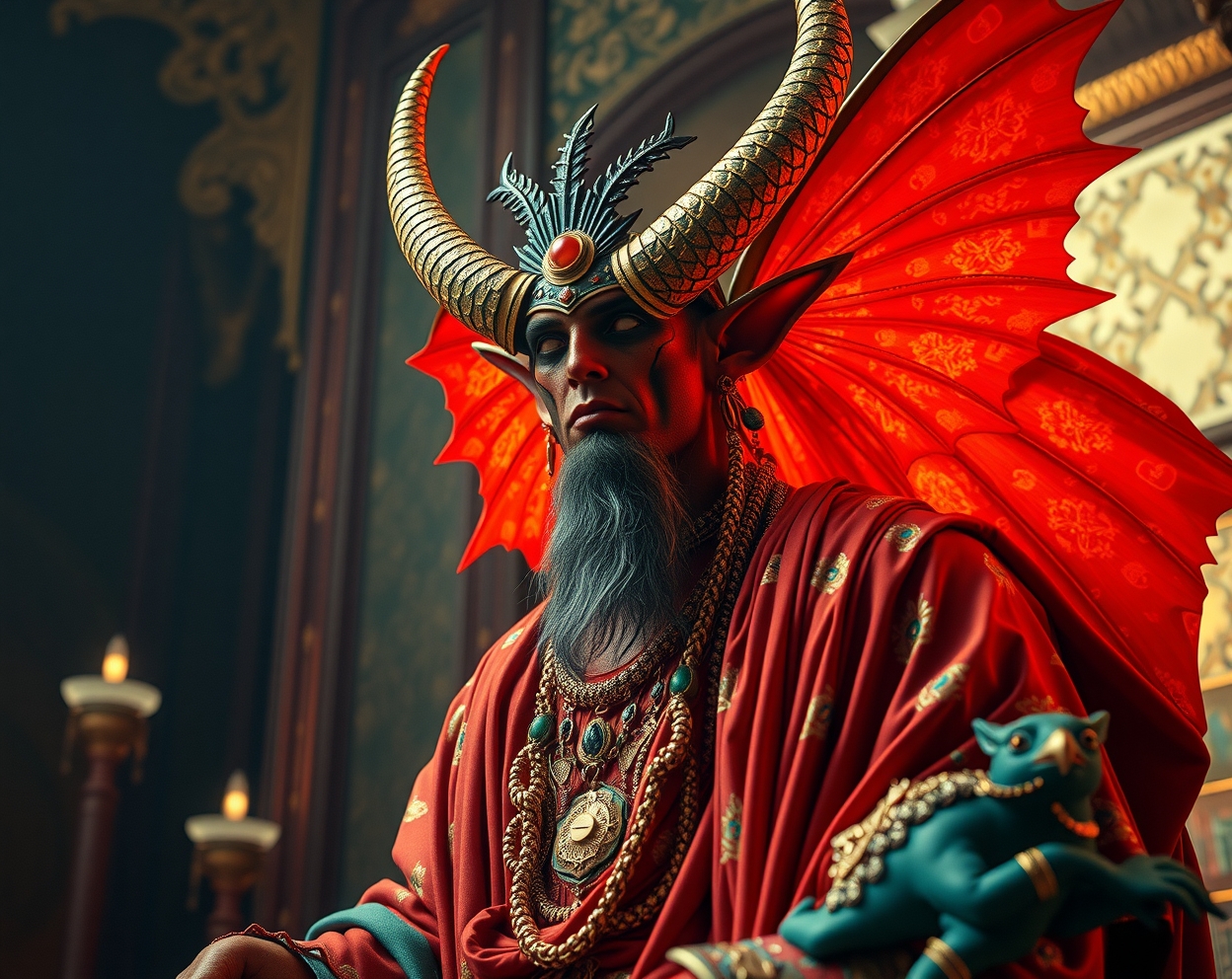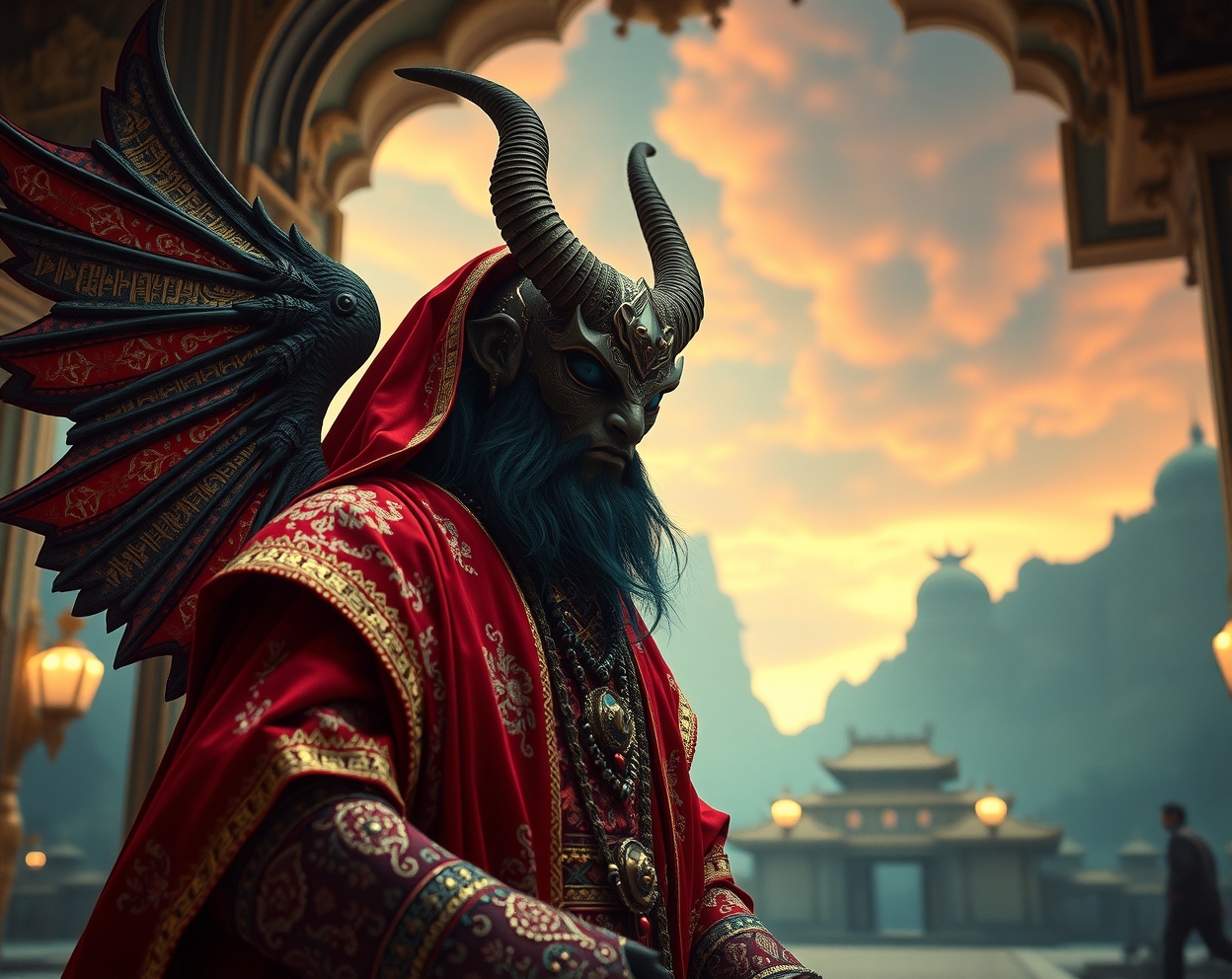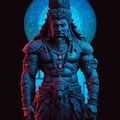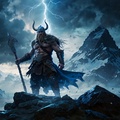In the ancient land between rivers, gods were born, reigned, and perished over millennia.
Temples rose upon the muddy banks of the Tigris and Euphrates, and within them, priest-kings whispered the secret names of power.
The sky cracked, the earth trembled, and divine fire took form in mortal vessels.
Anu ruled from the heights of heaven, while below, Inanna’s beauty and fury toppled empires.
The wheel of time turned, and what was once divine turned to dust — but their names outlived the cities, the palaces, even the tongue that once praised them.
The gods still live — in the words, the dreams, and the visions of those who remember.
Marduk – The chief god of Babylon, the god of creation who defeated Tiamat.
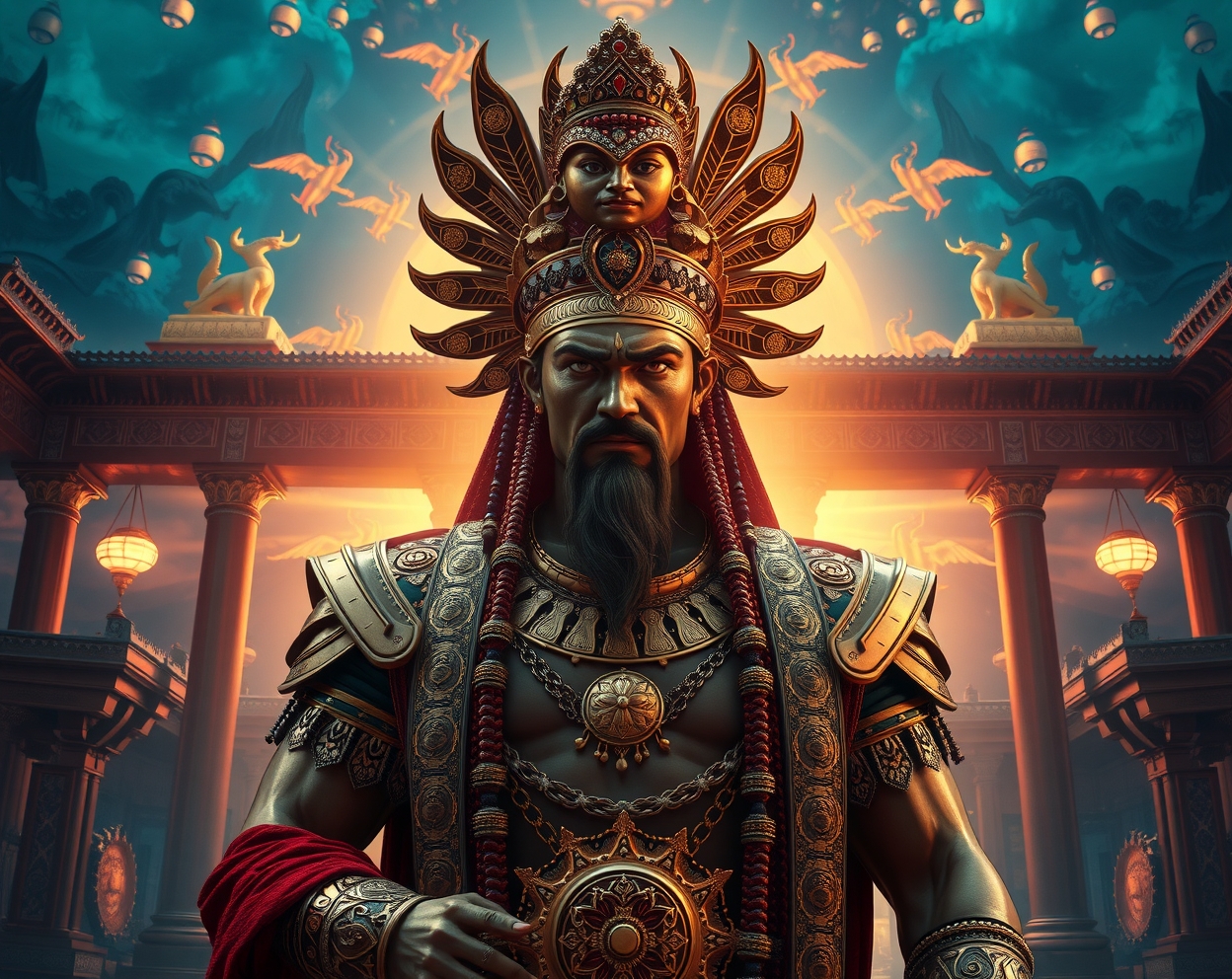
Tiamat – Ancient sea goddess, the embodiment of chaos, who was defeated by Marduk during creation.
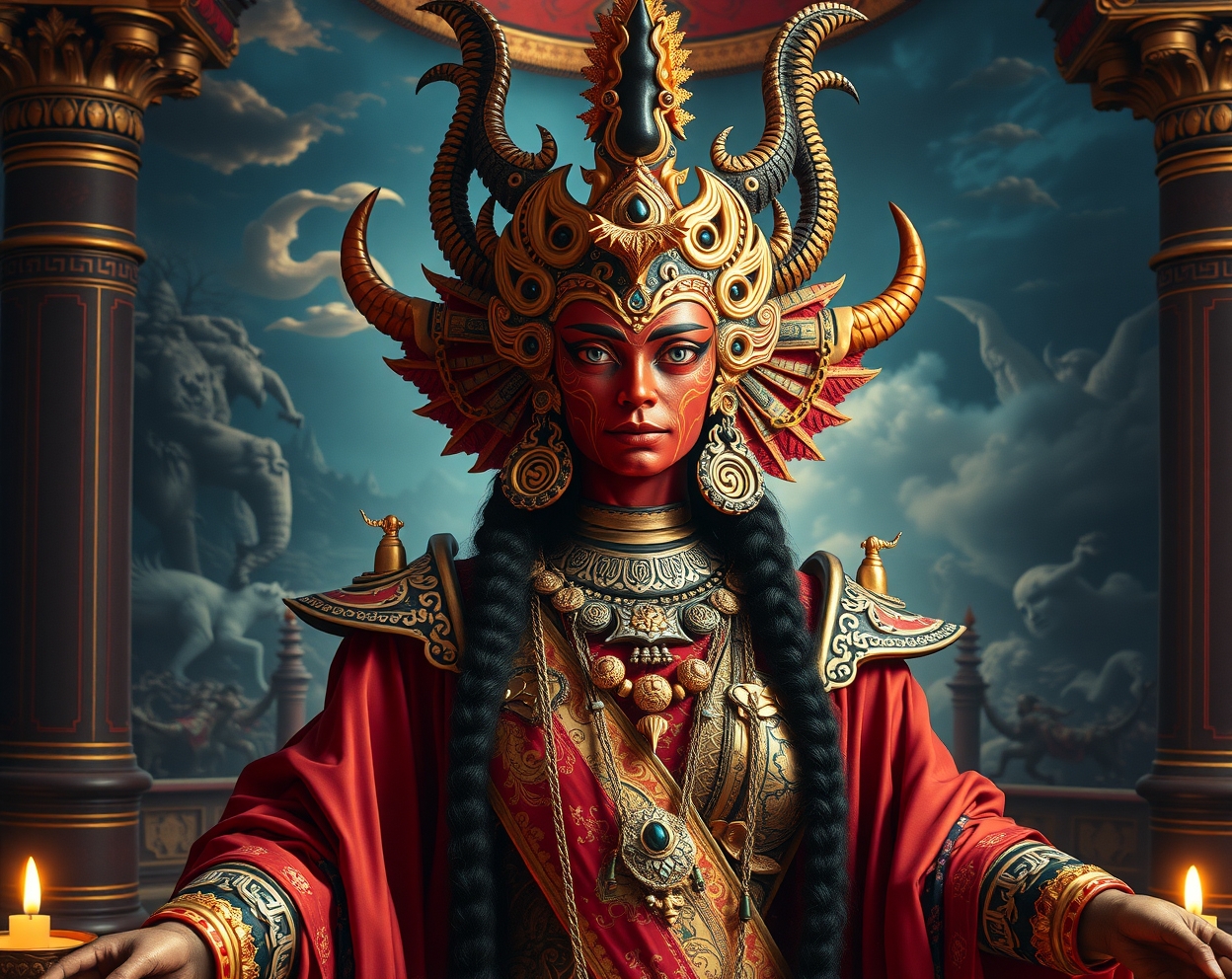
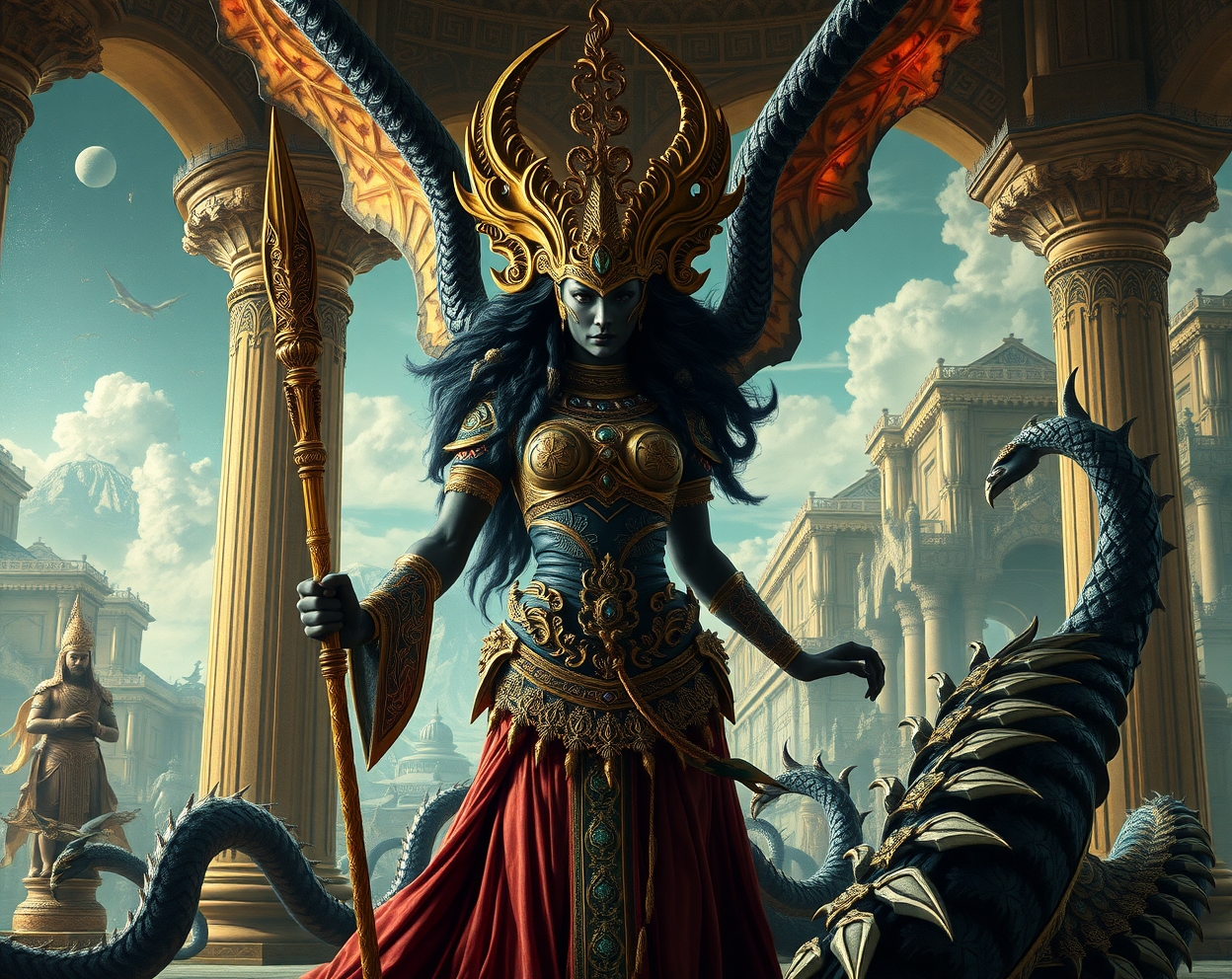
Apsu – Tiamat's husband, the god of fresh water, who was destroyed by the younger gods.
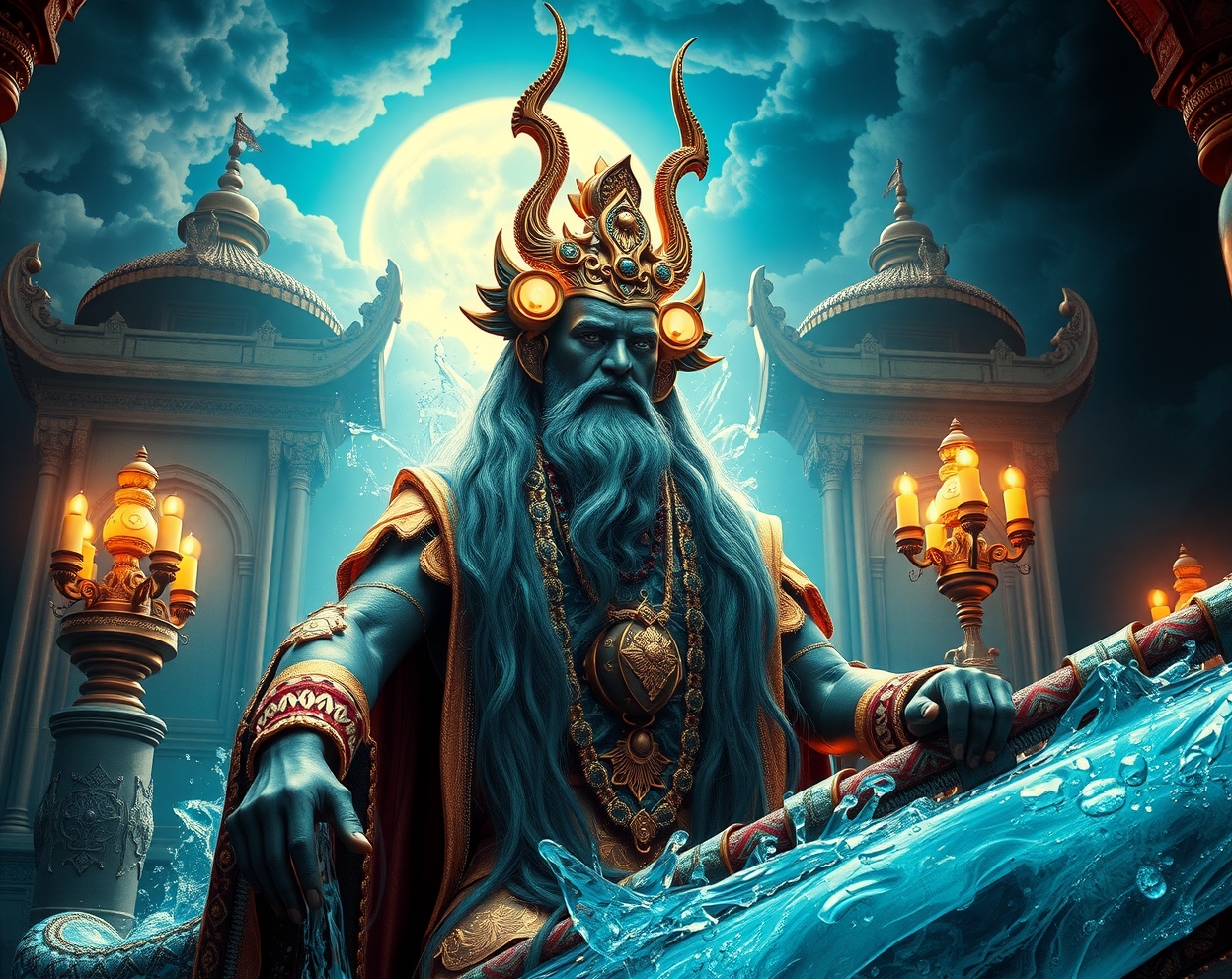
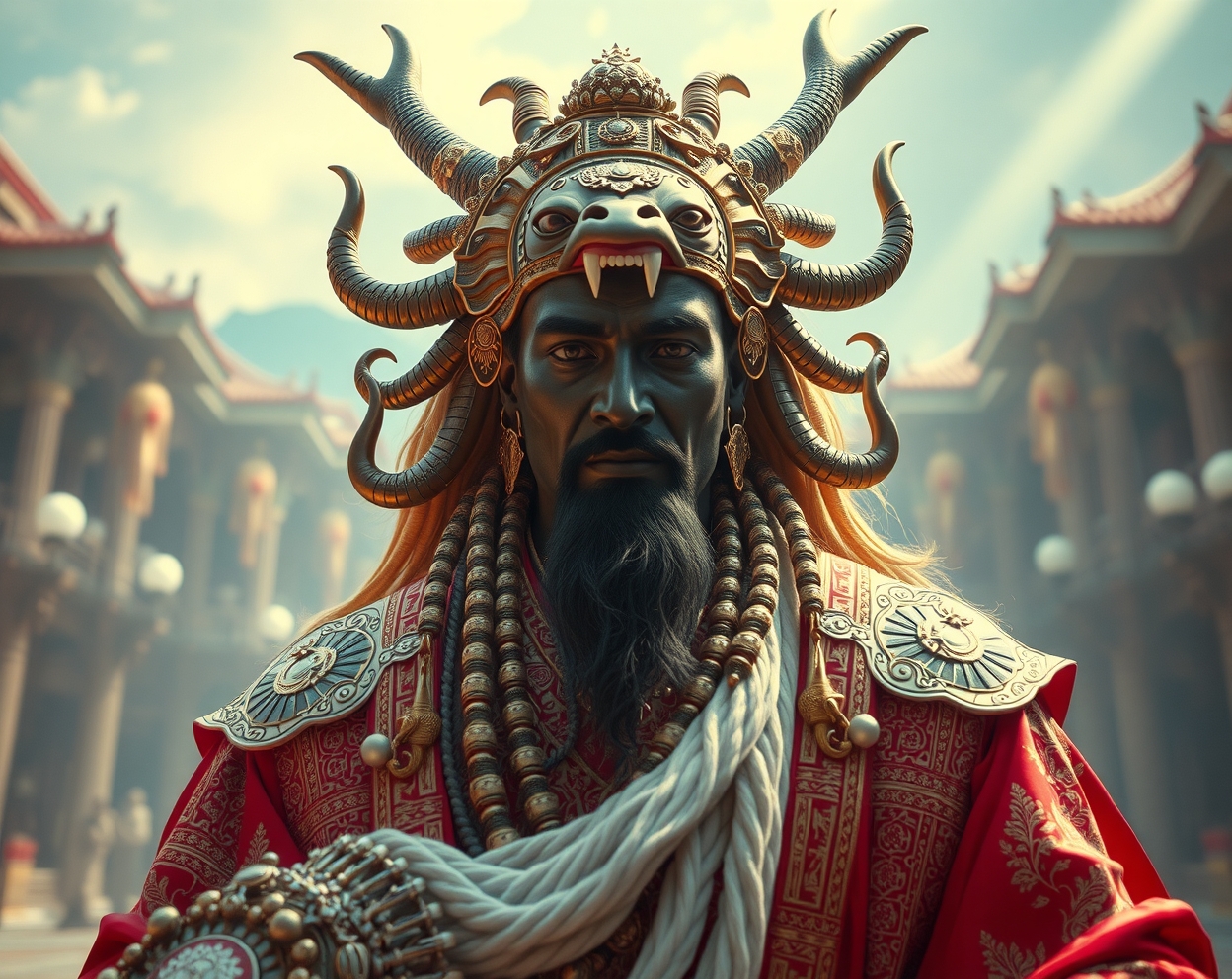
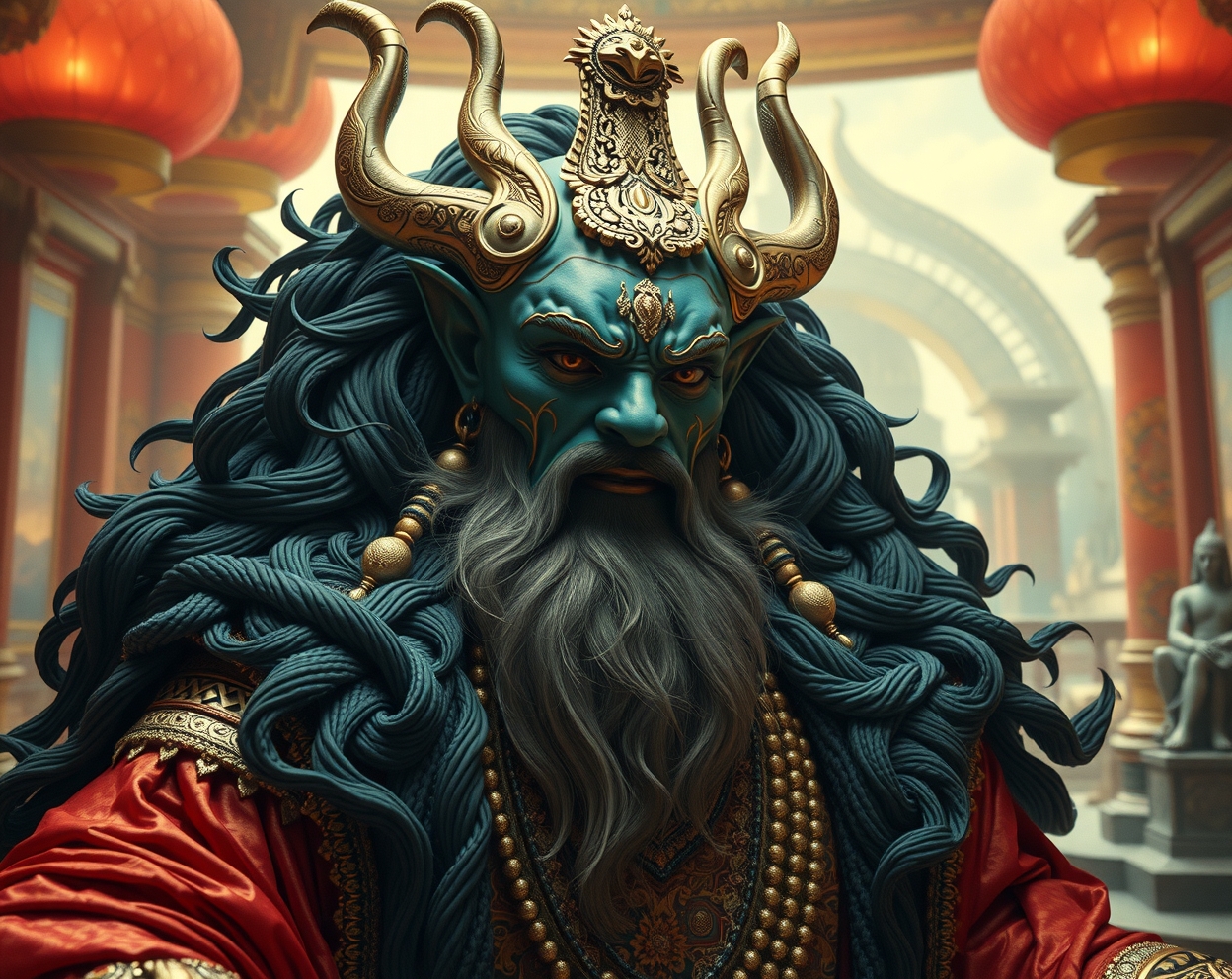
Ea (or Enki) – God of wisdom, water, and magic. Father of Marduk.
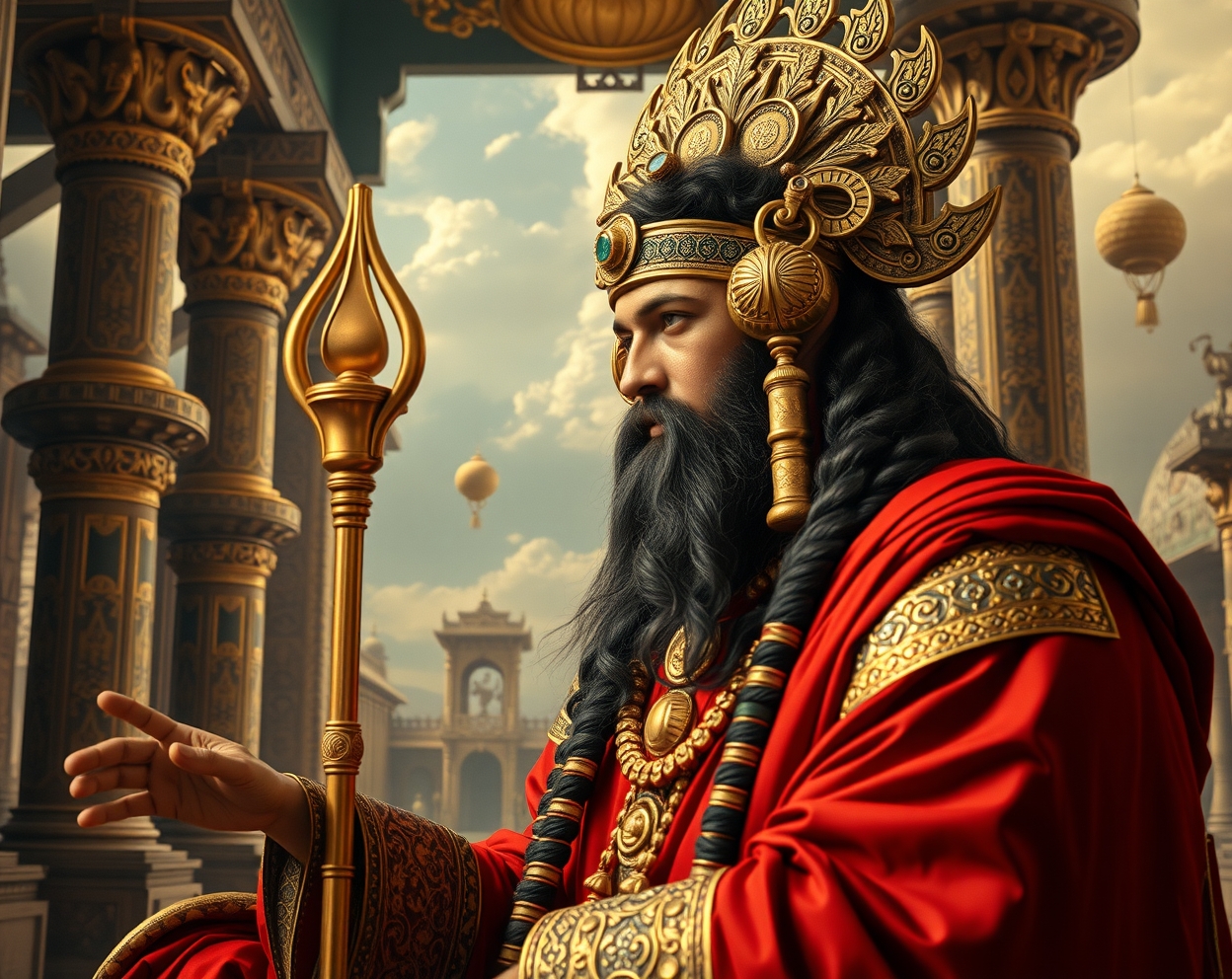
Anu – Lord of the sky, the supreme god in the divine hierarchy.
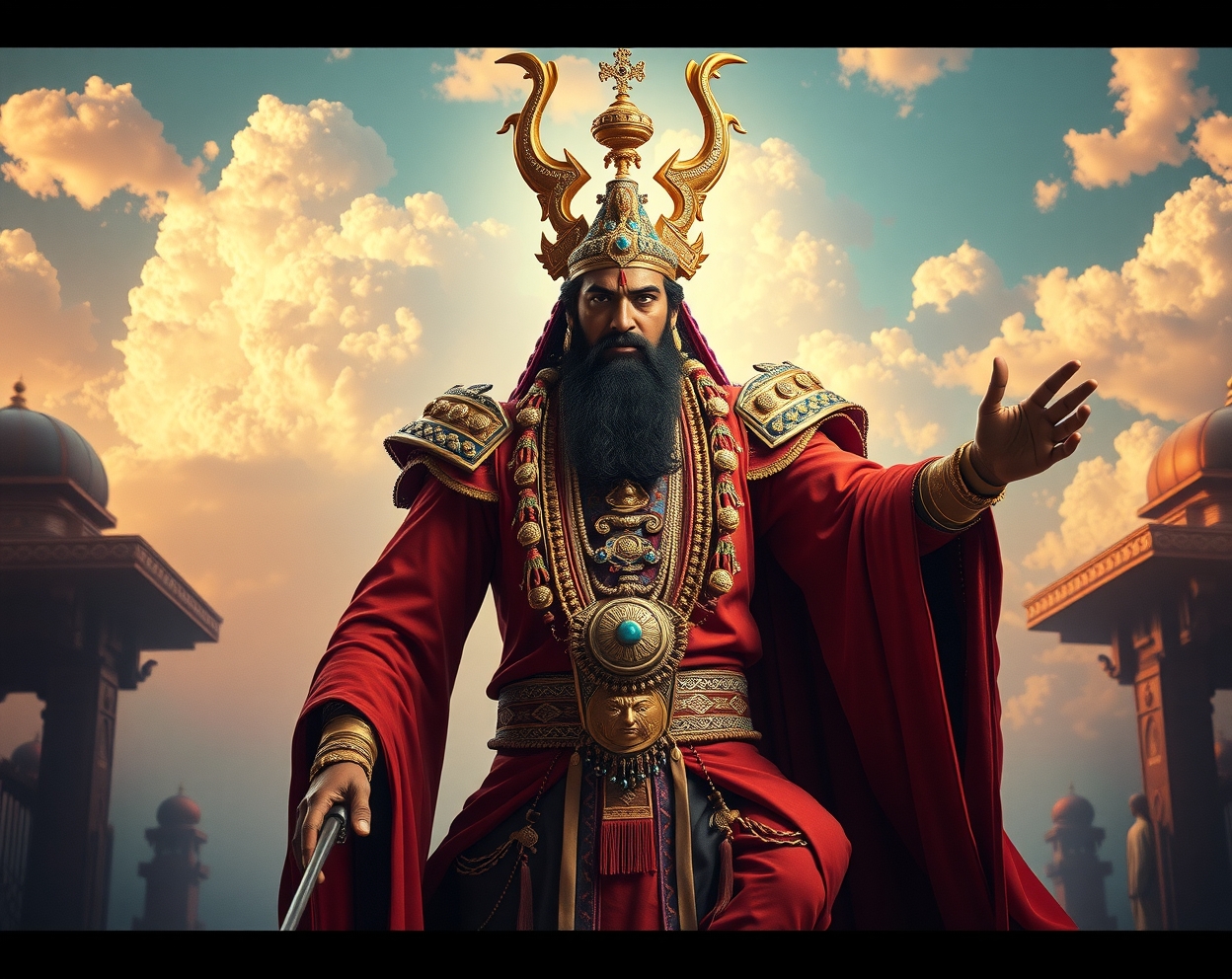
Enlil –God of winds, storms, and the earth. One of the leaders of the council of gods.
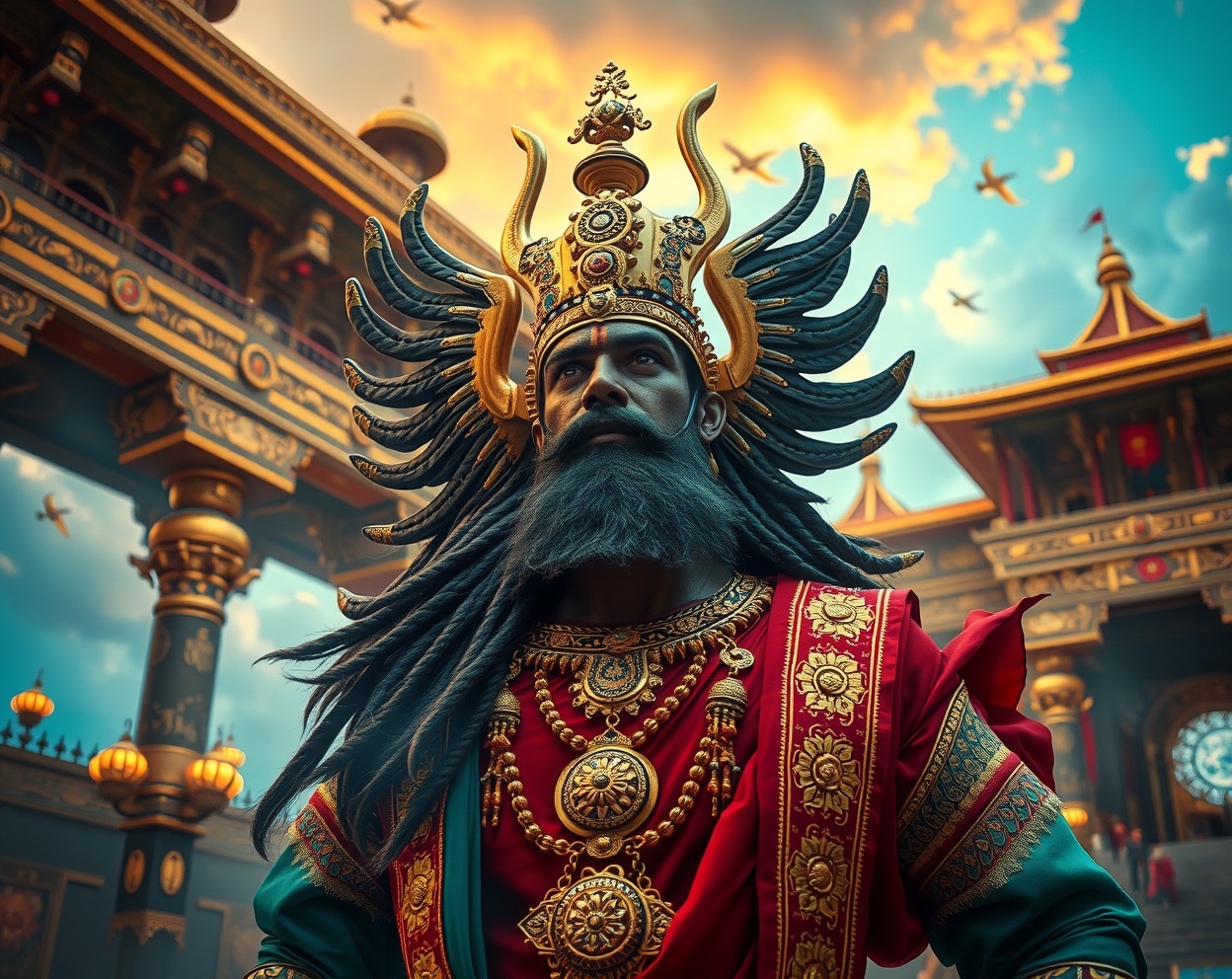
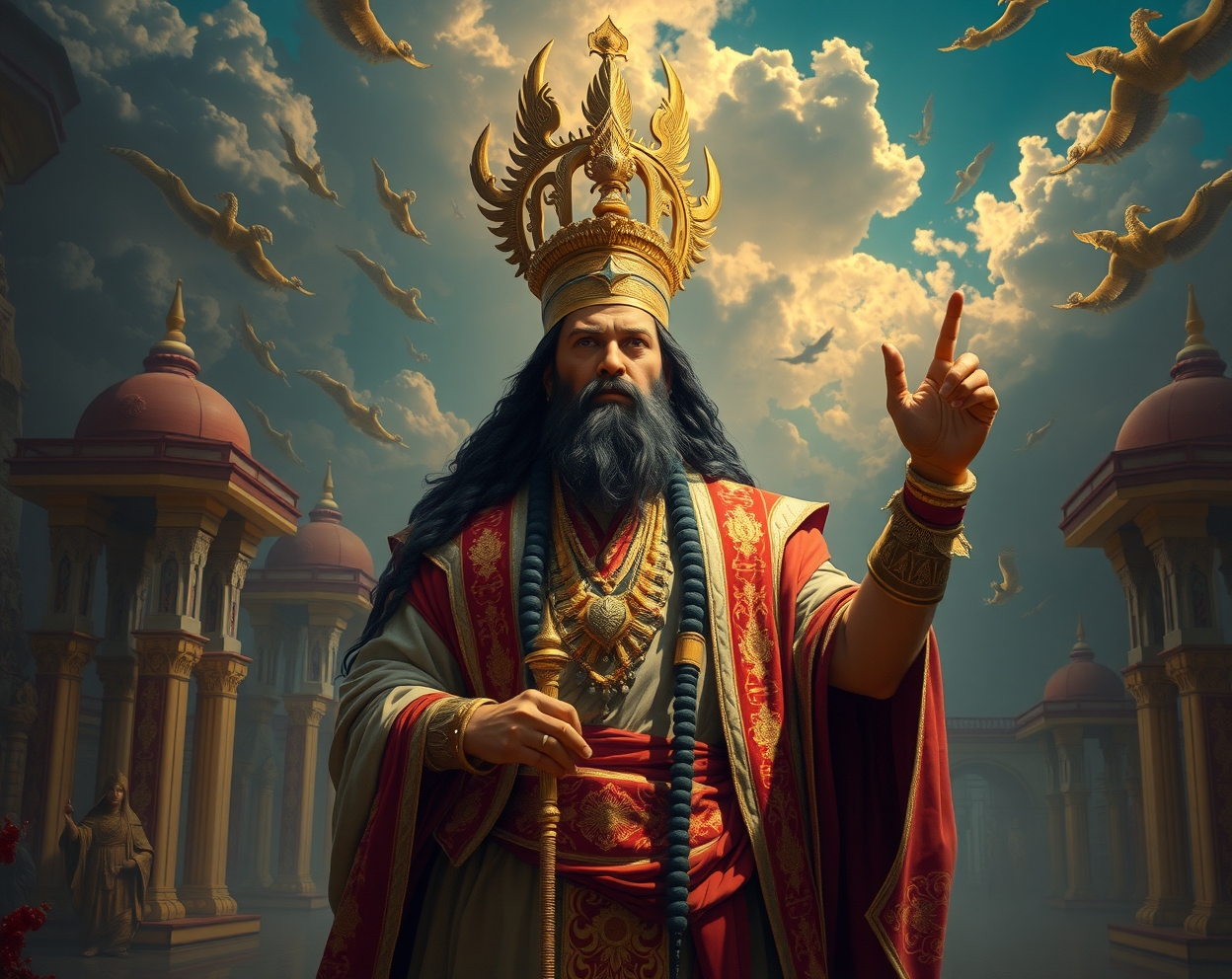
Ishtar (or Inanna) – Goddess of love, fertility, and war. A powerful and controversial figure.
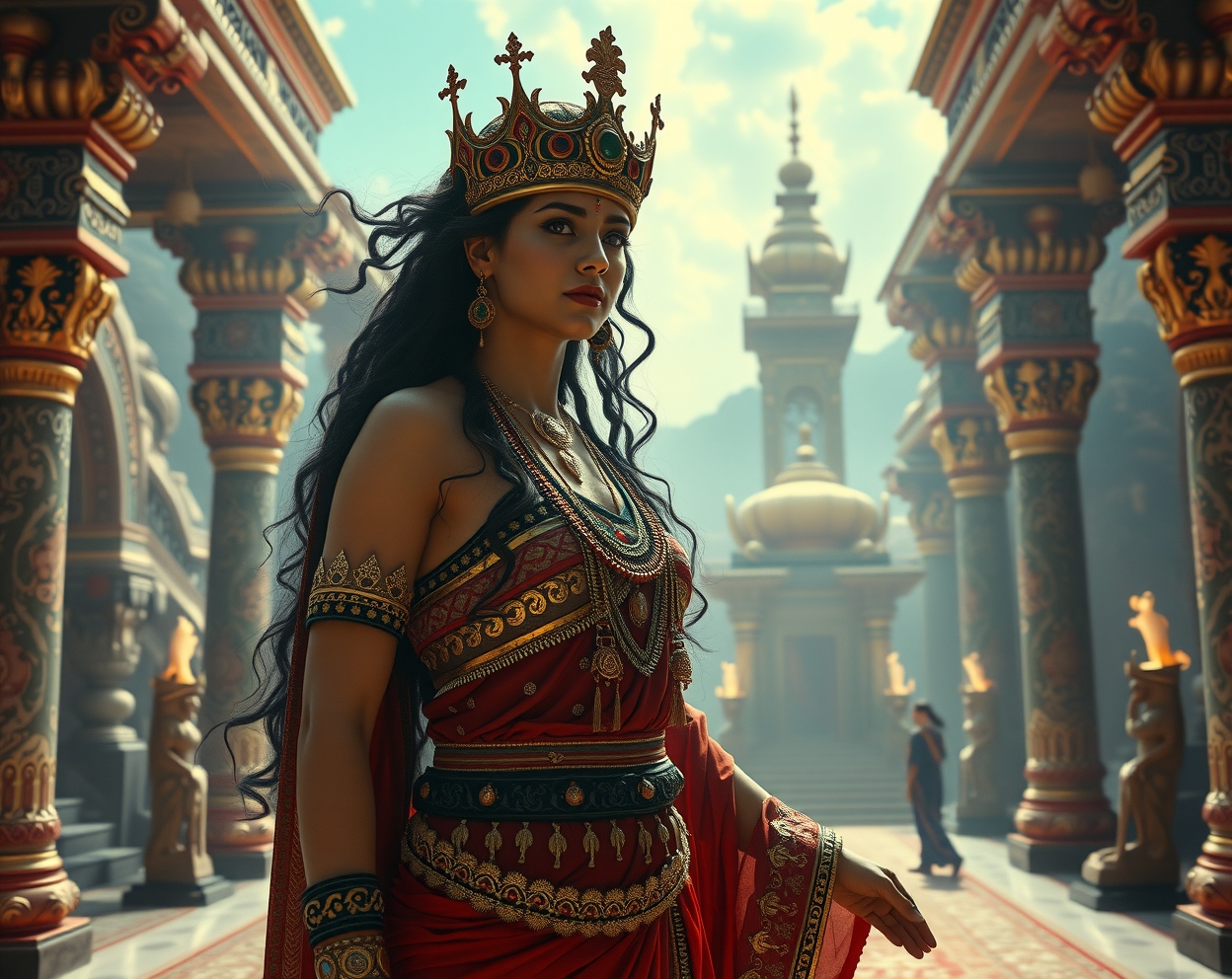
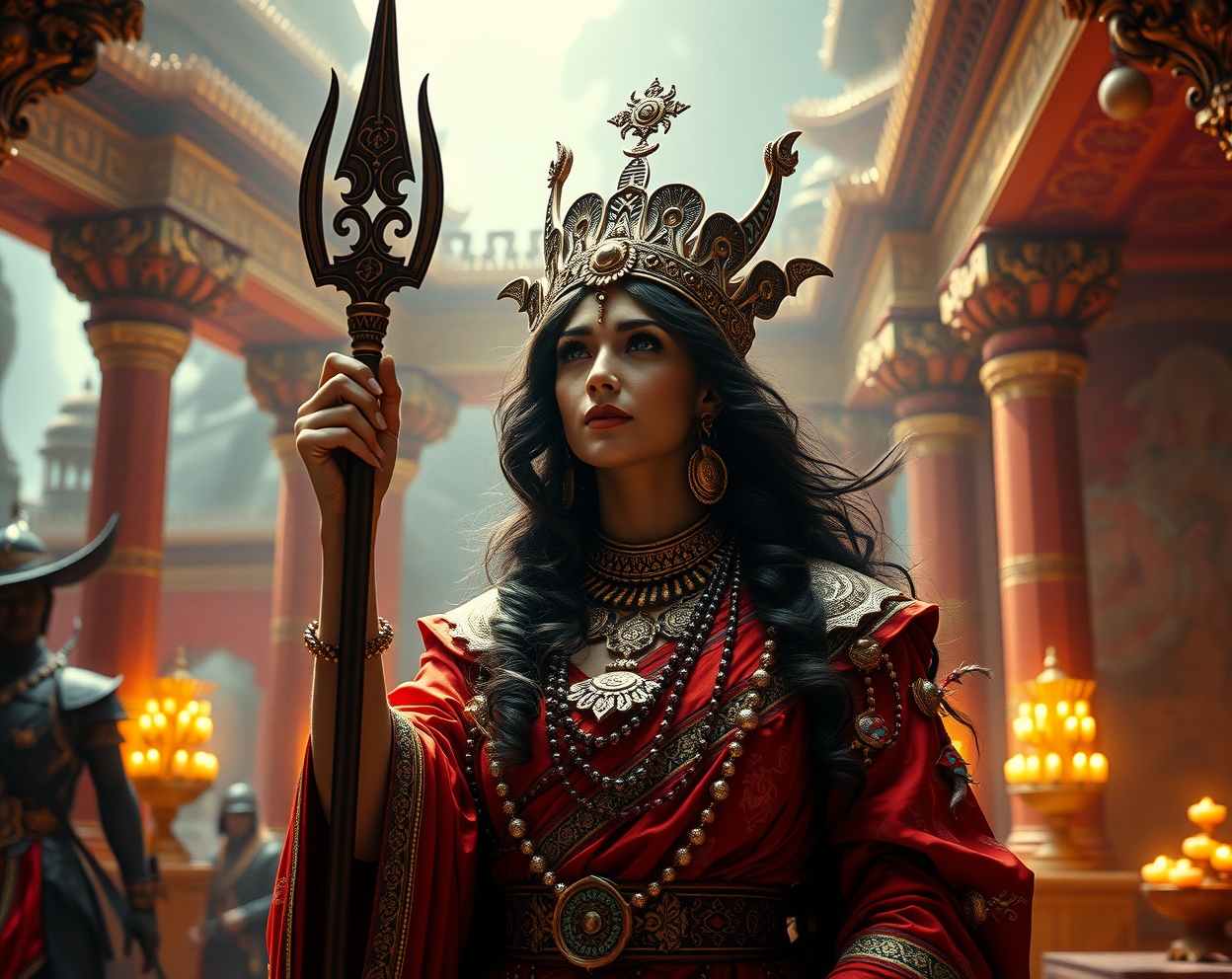
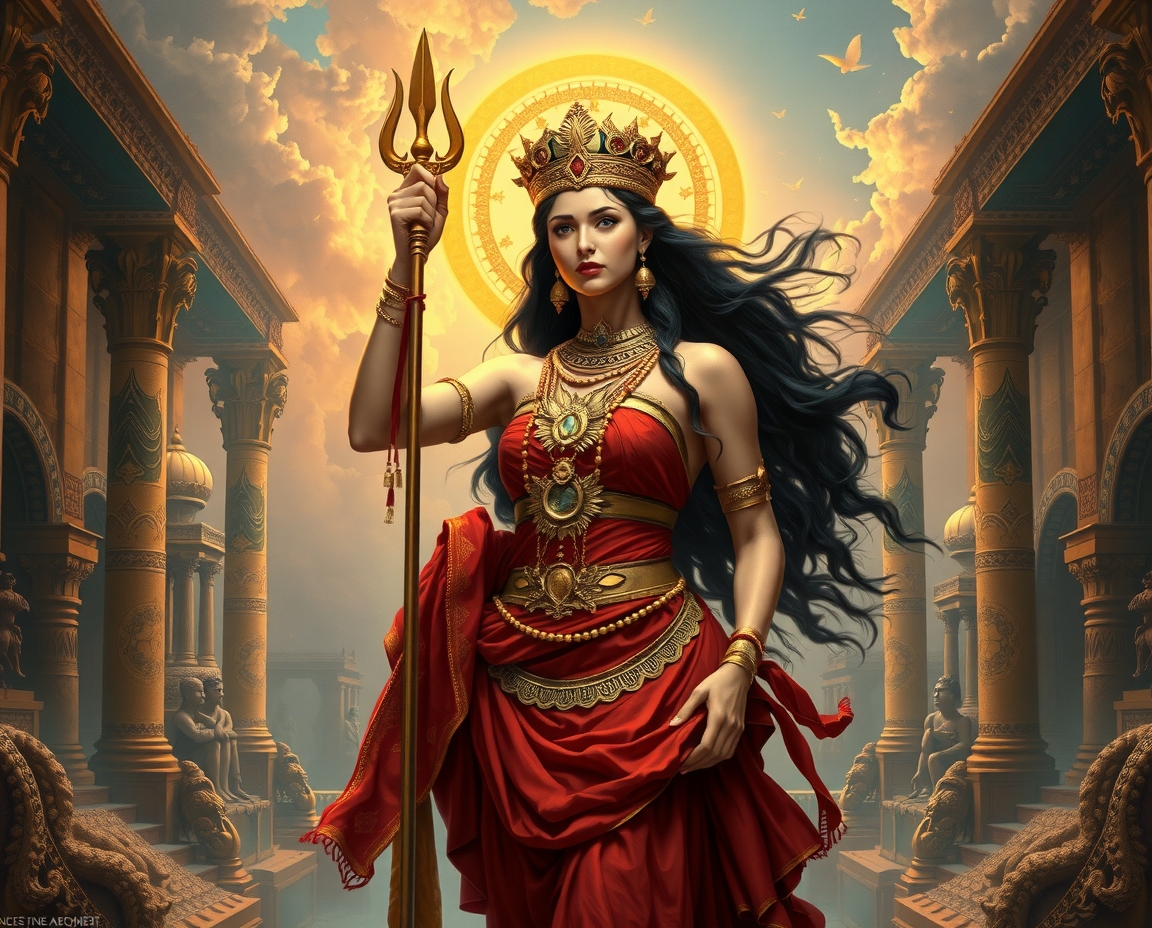
Shamash – God of the sun and justice. He also judges the dead.
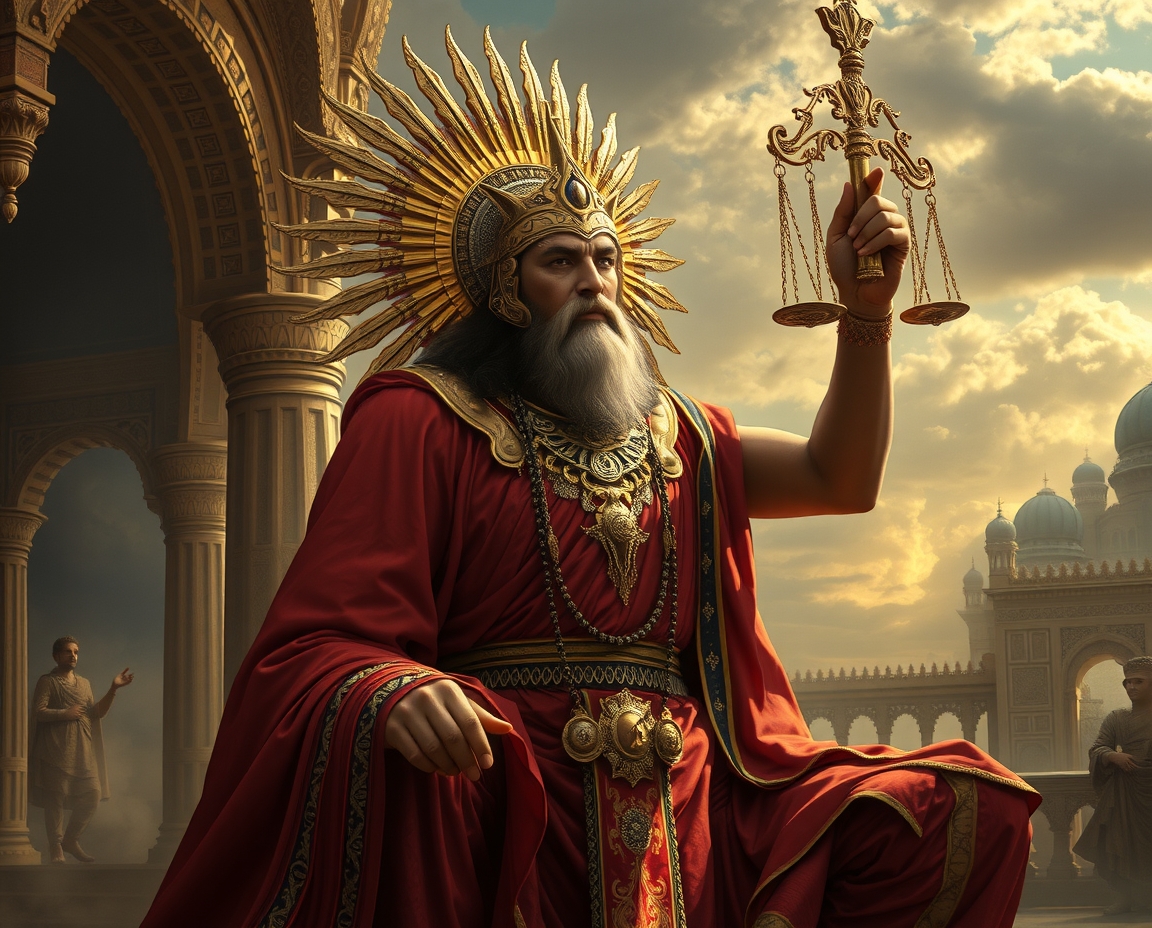
Sin (or Nanna) – God of the Moon, father of Shamash.

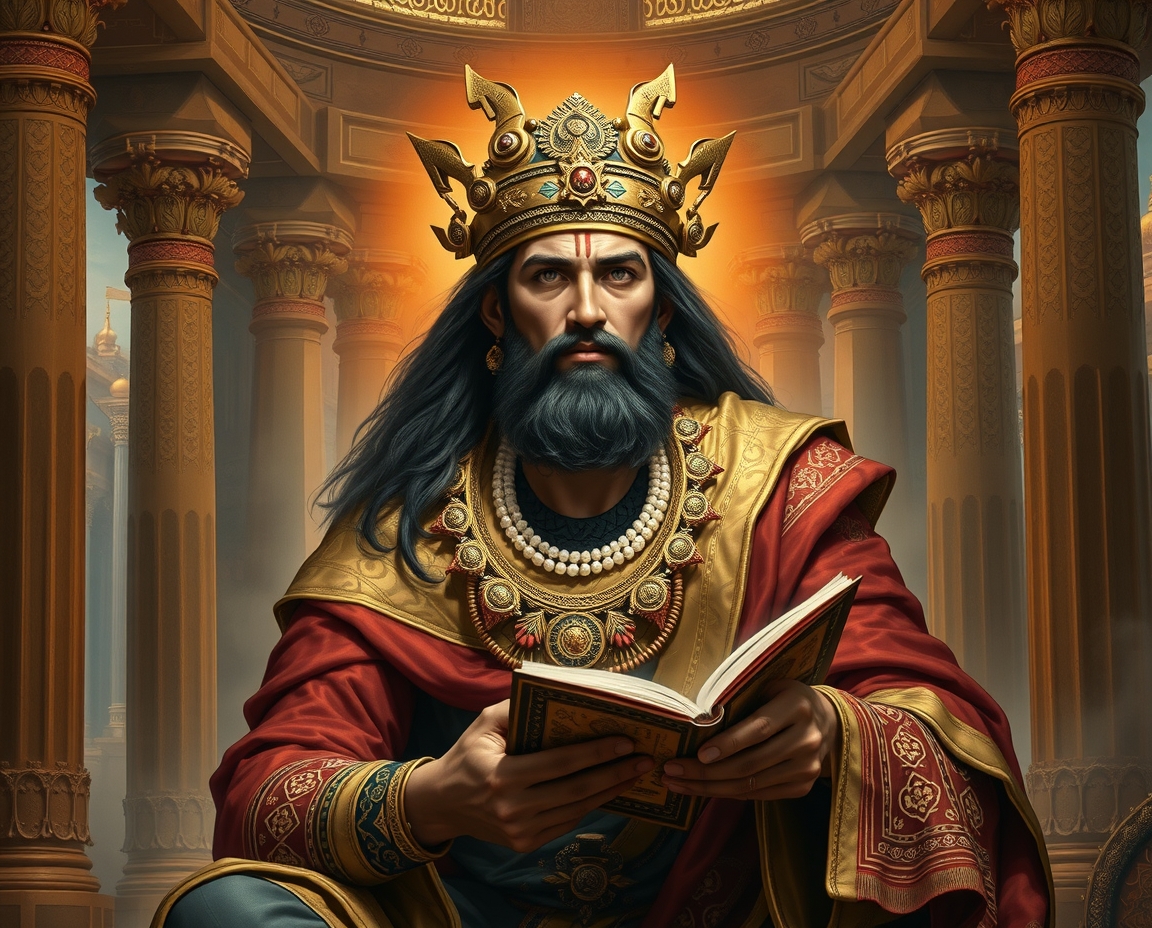
Nergal – God of death, plagues, and the afterlife.
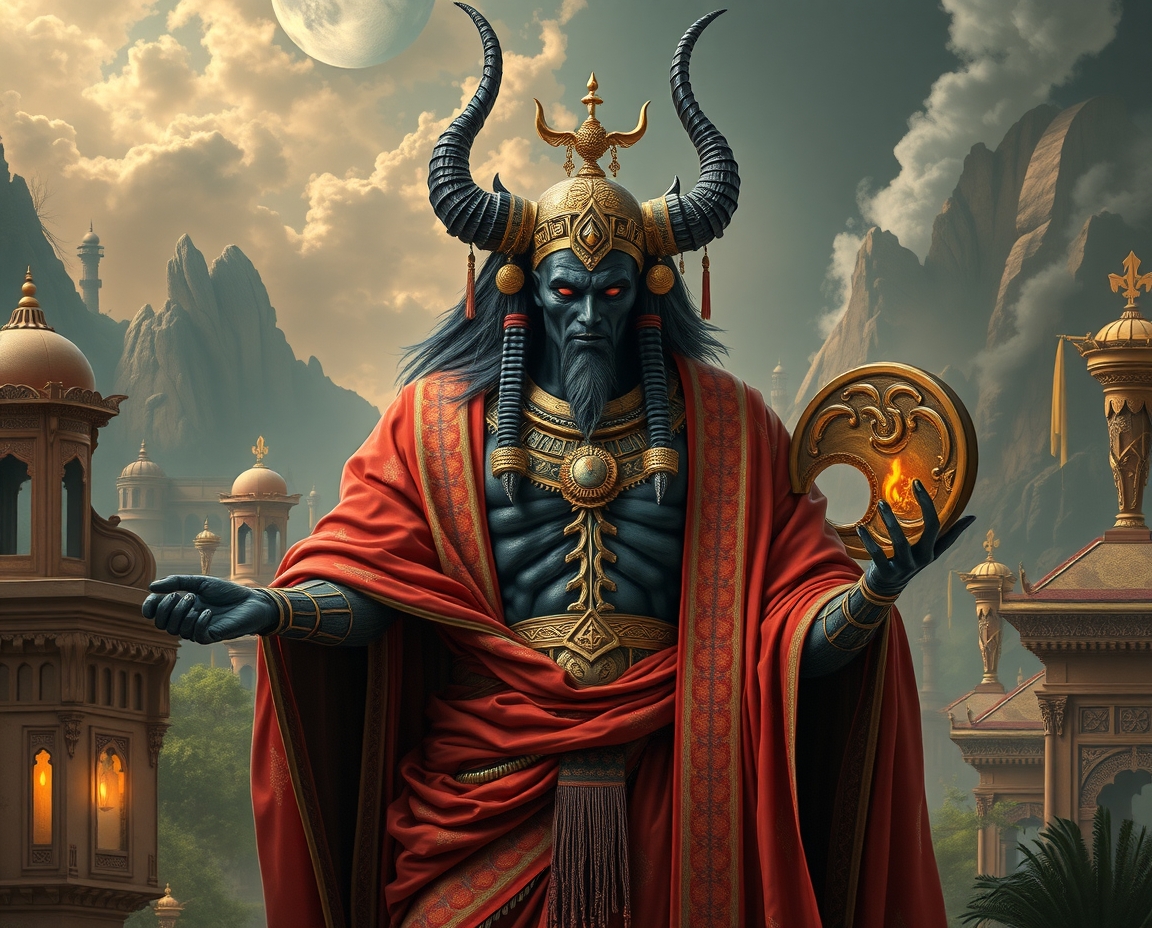
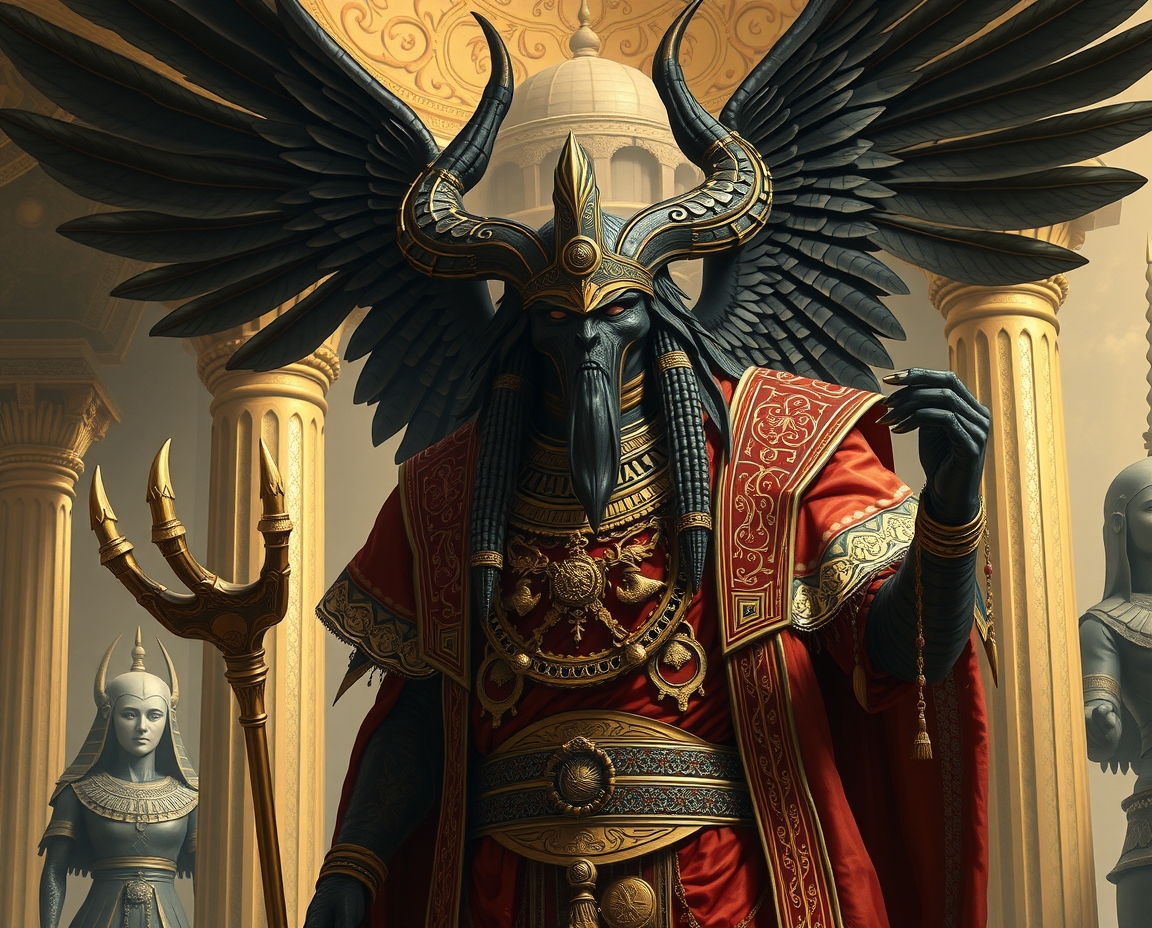
Ereshkigal – Goddess of the underworld, wife of Nergal.
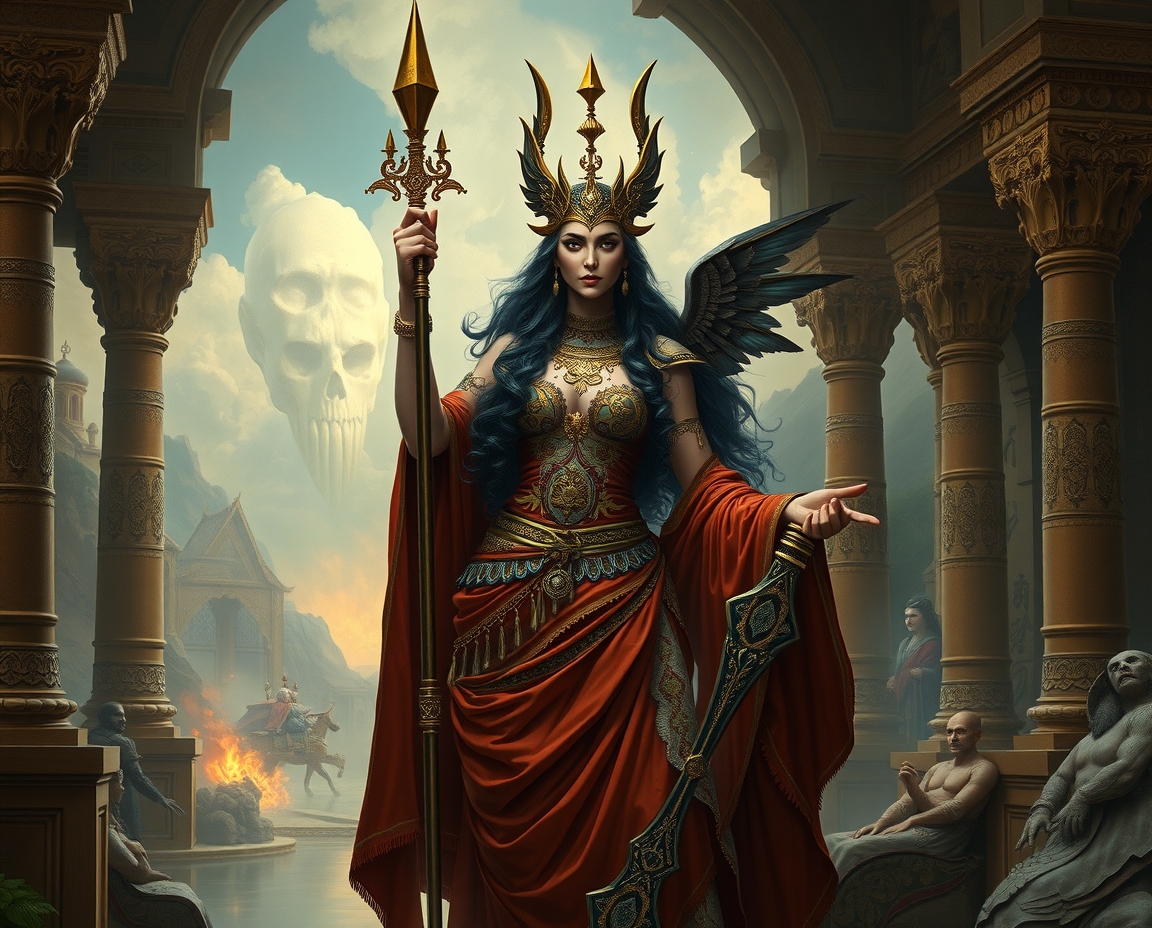
Adad (or Ishkur) –God of storm, lightning, and rain.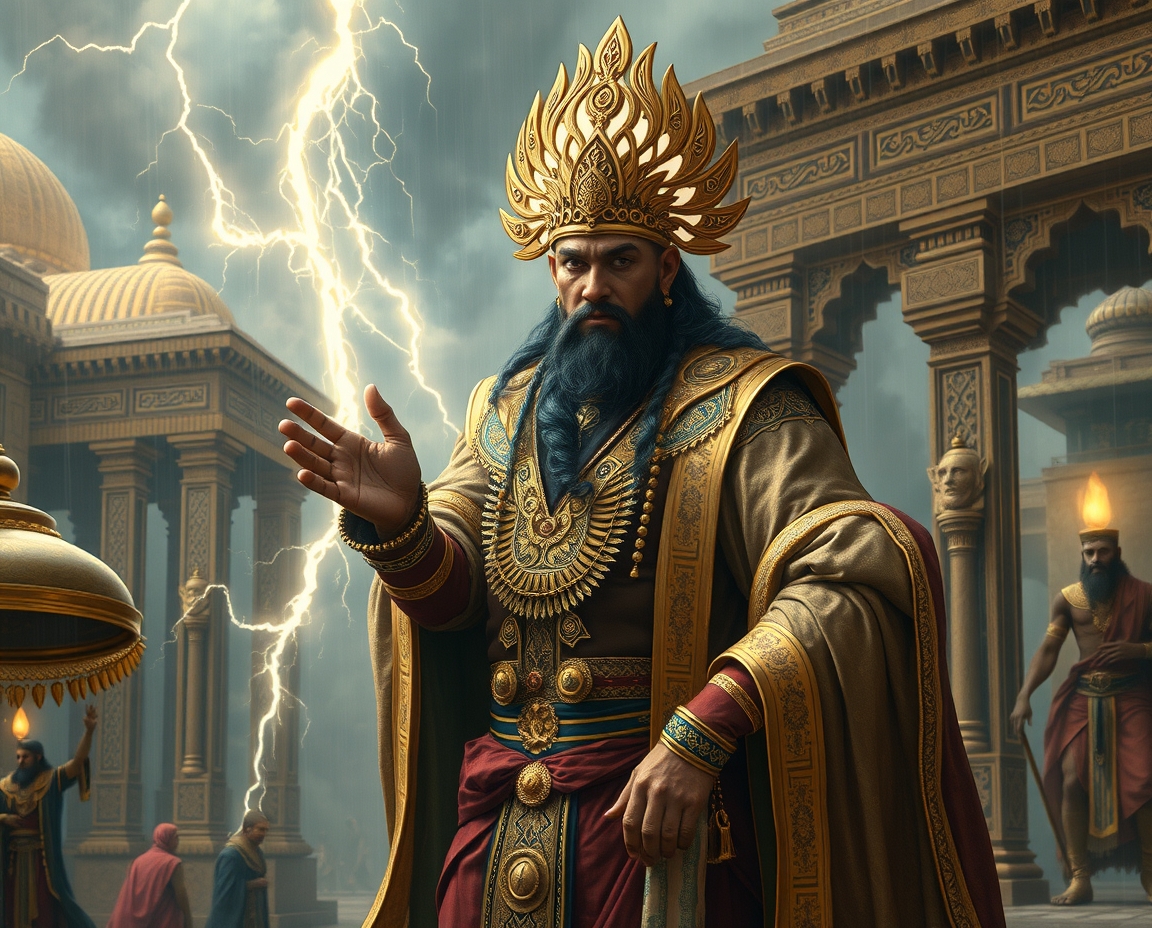
Tashmetu – Wife of Nabu, goddess of hearing and compassion.
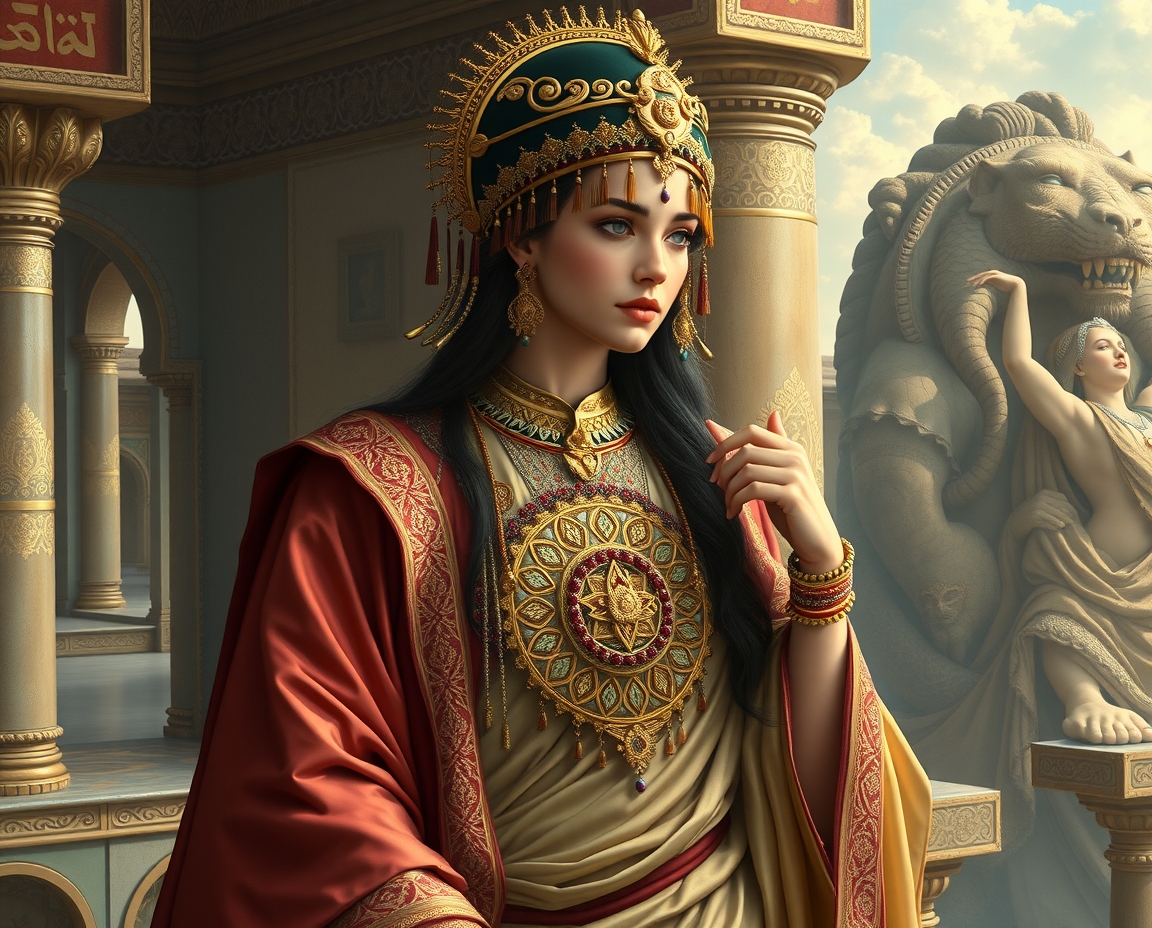
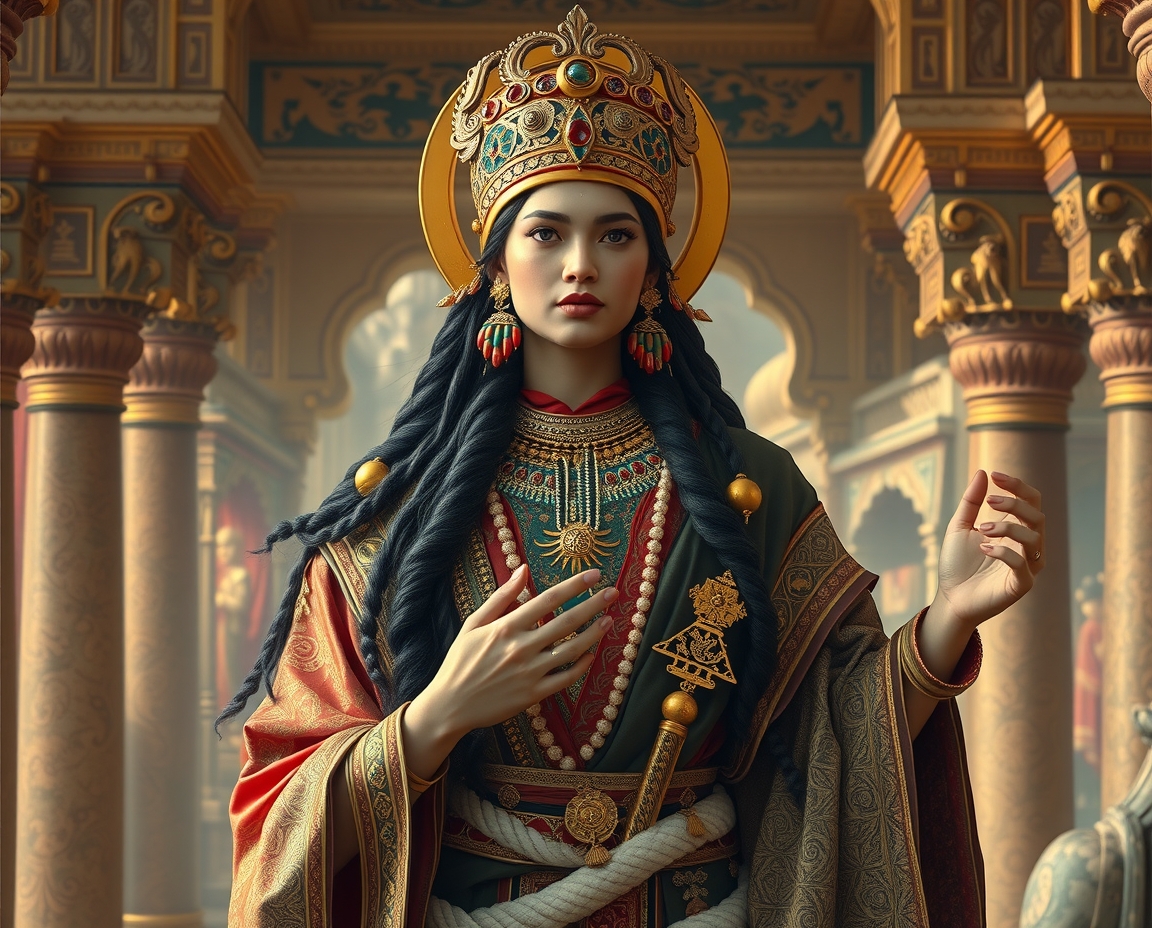
Damkina (or Damgalnuna) – Wife of Ea, goddess of the earth.
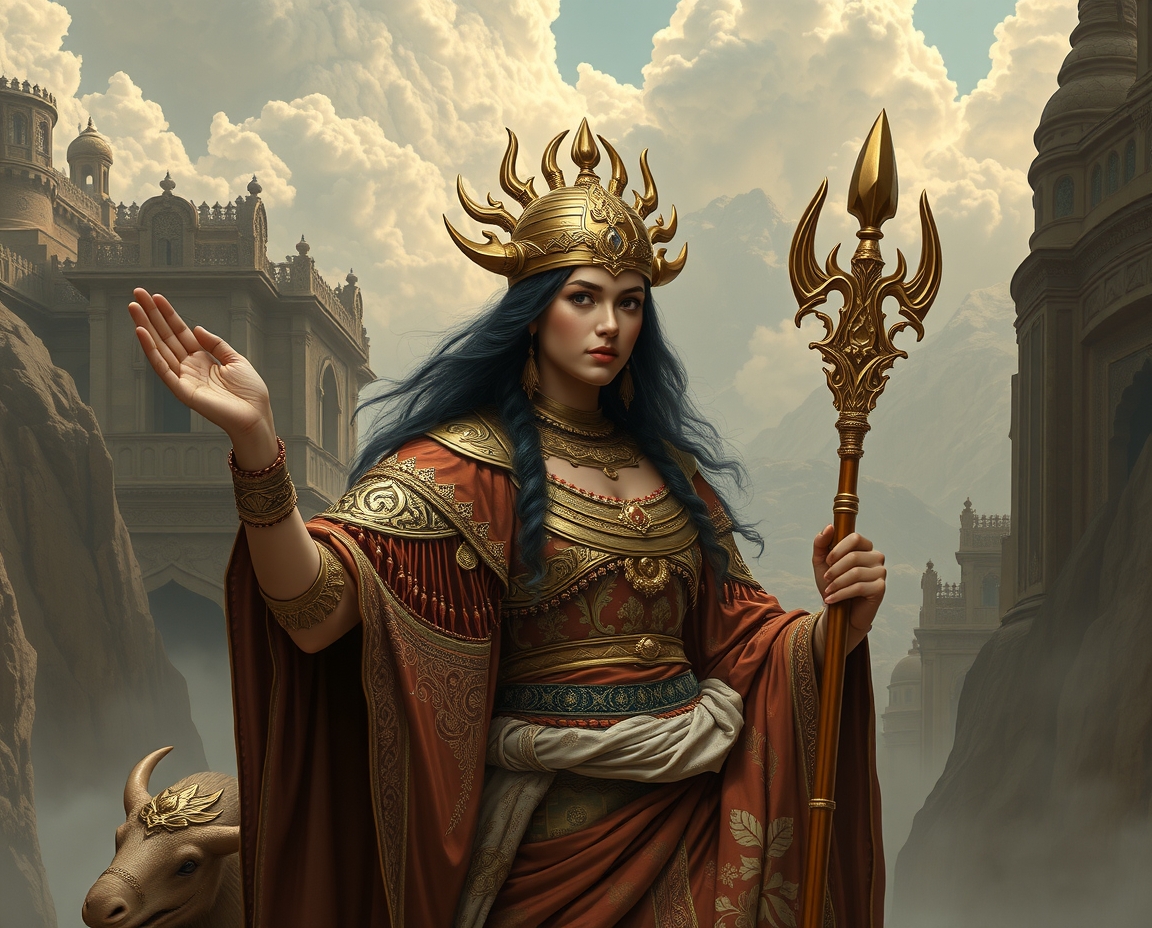
Bel – A title meaning "Lord", often identified with Marduk, but sometimes applied to other gods.
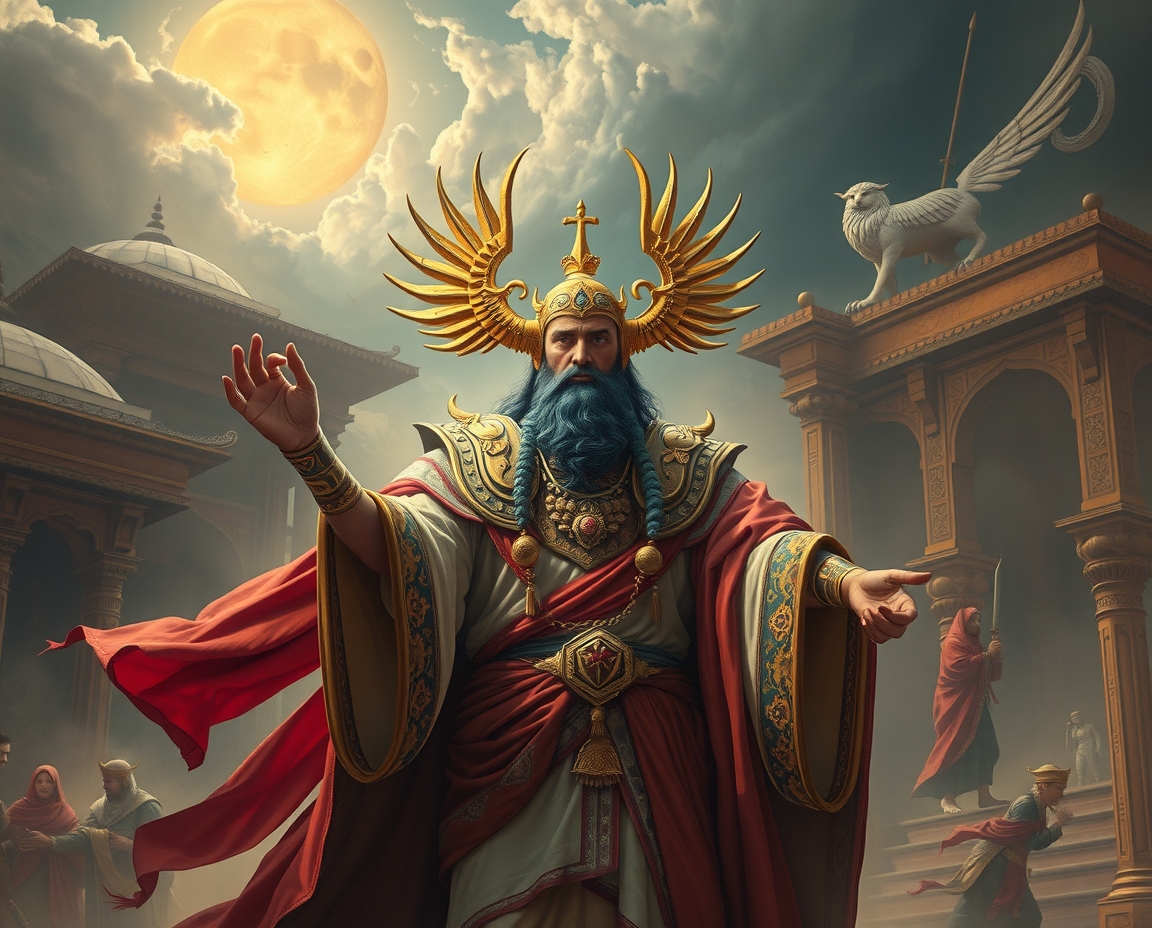
Geshtinanna – Goddess of fields and dreams, sister of Dumuzi.
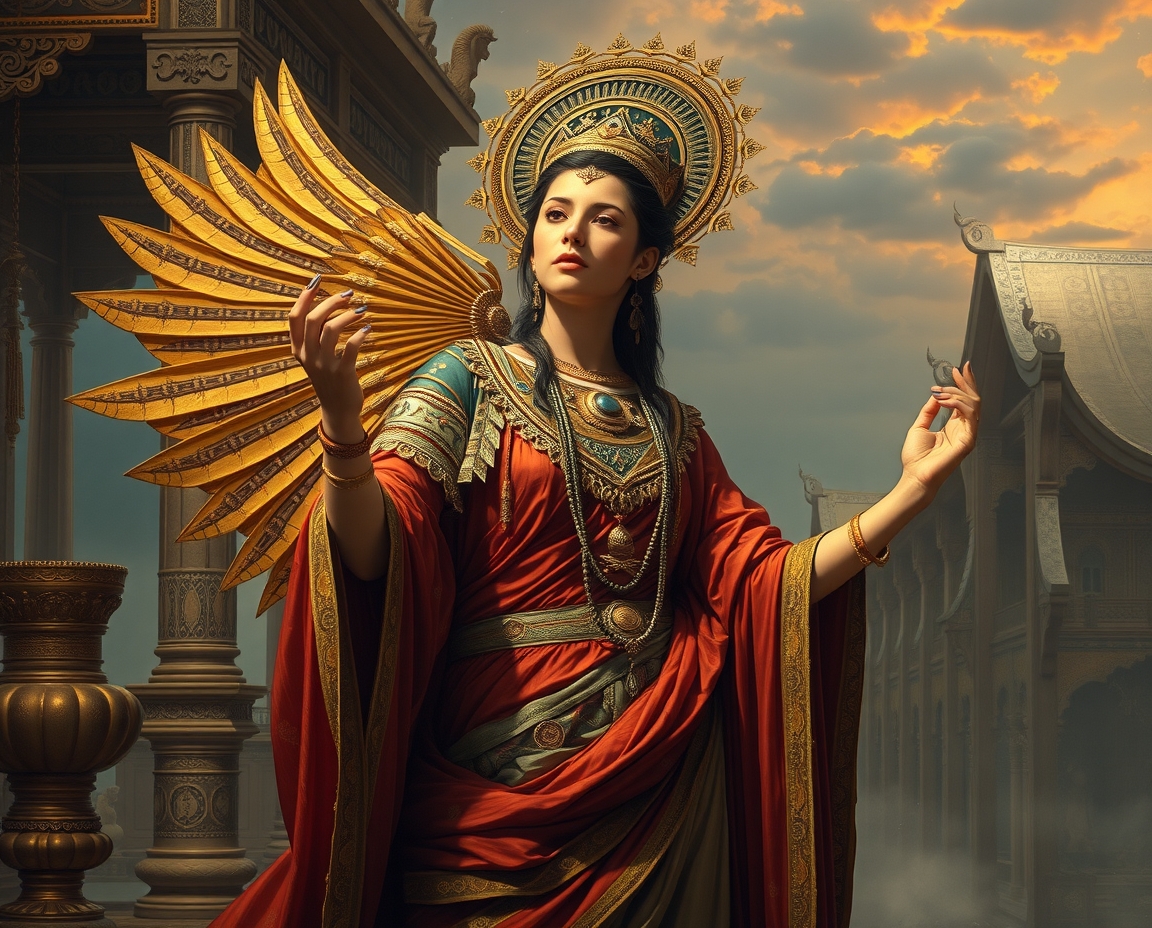
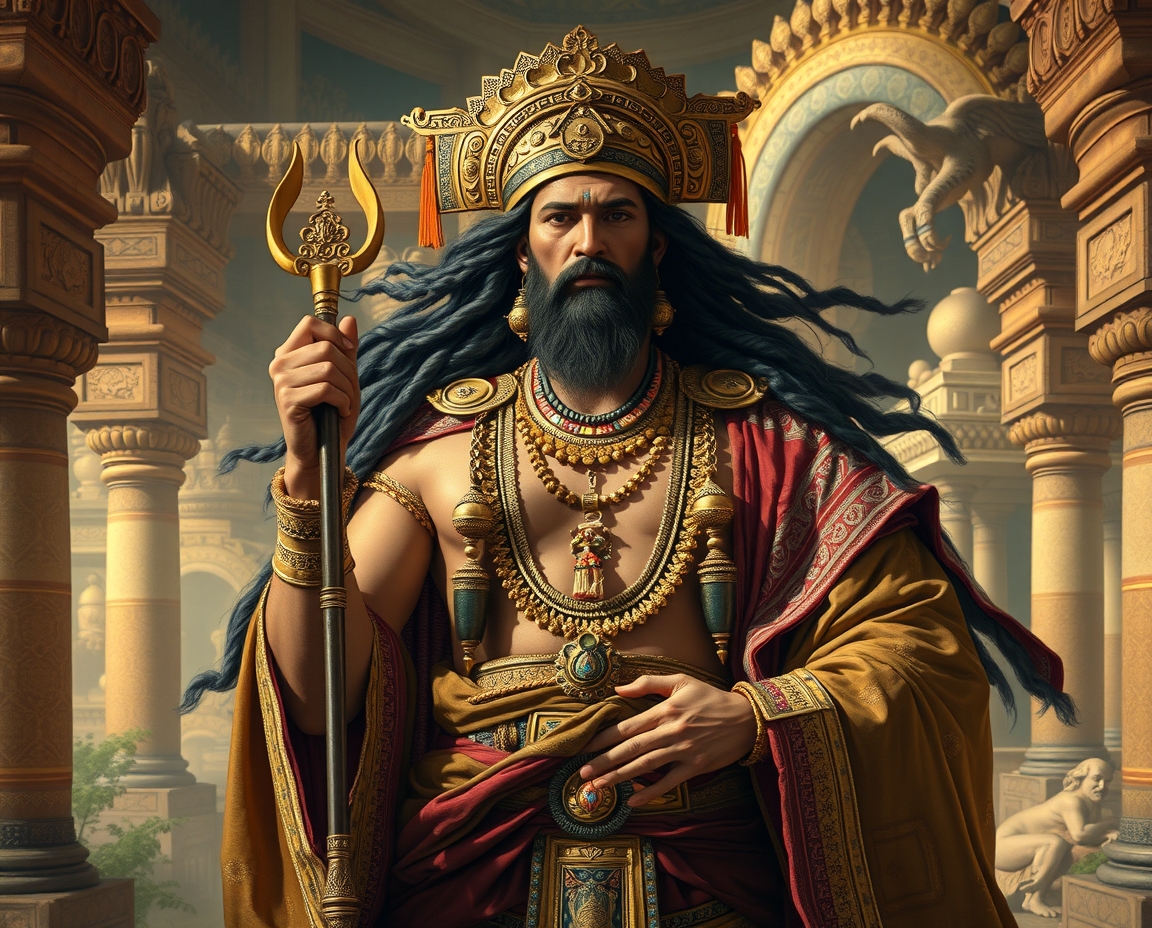
Lamashtu – An evil demonic goddess who poses a danger to young children and mothers.
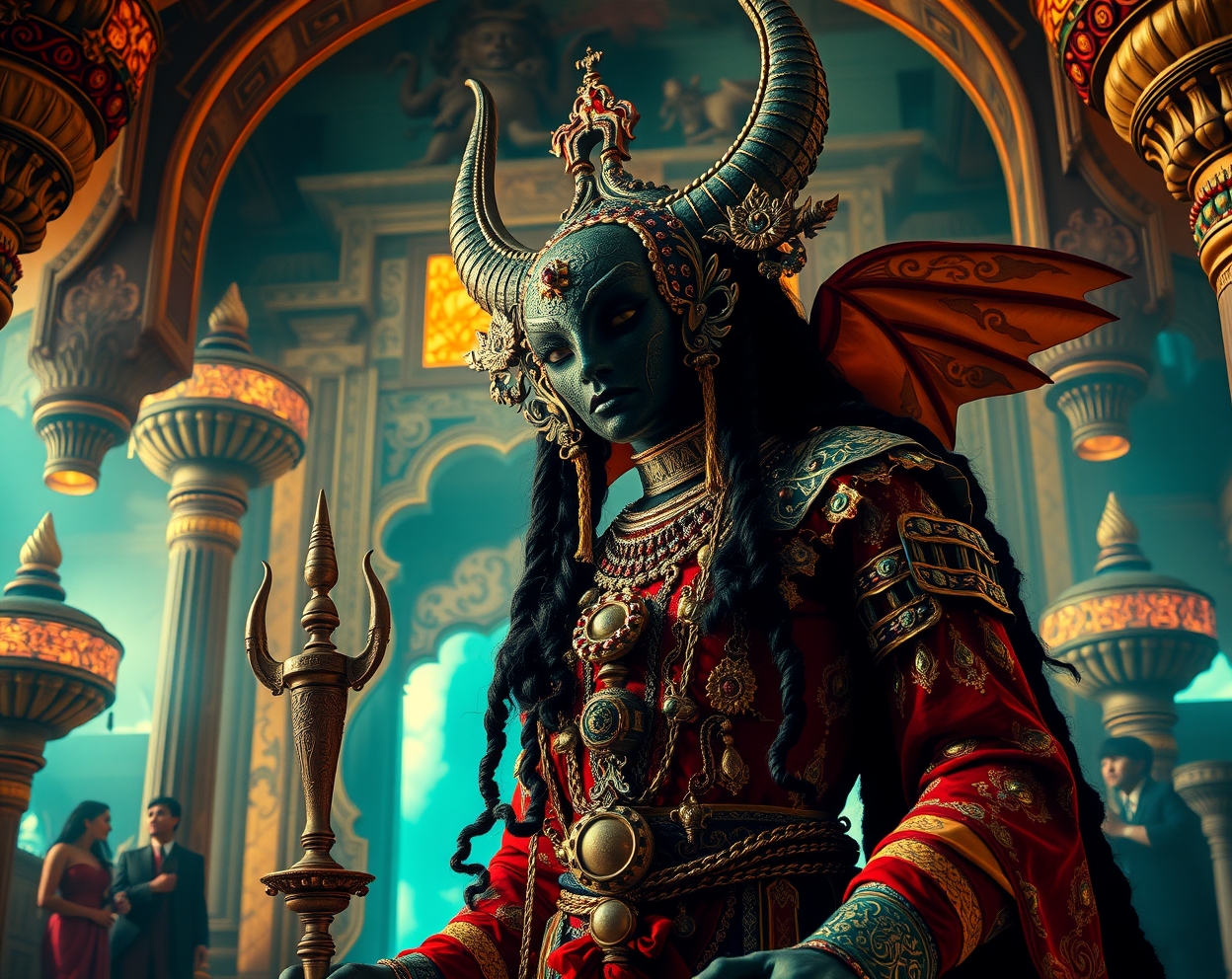
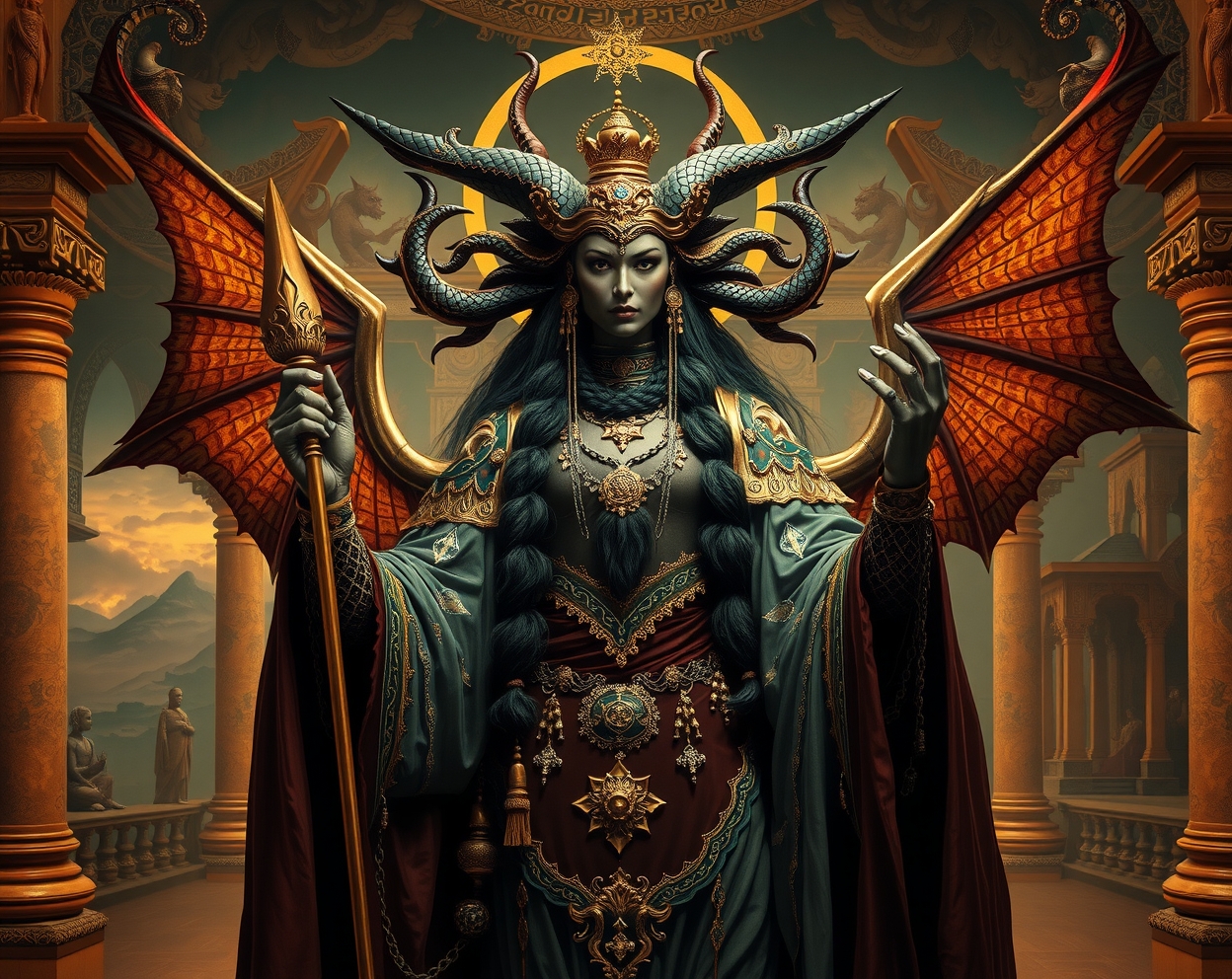
Pazuzu – Lamashtu's enemy, a demonic being who can also provide protection against evil.
